Publications
Articles, publications, books, tools and multimedia features from the U.S. Institute of Peace provide the latest news, analysis, research findings, practitioner guides and reports, all related to the conflict zones and issues that are at the center of the Institute’s work to prevent and reduce violent conflict.

Scott Worden on the Afghan Peace Process and U.S. Withdrawal
Troop withdrawal is ahead of schedule, but that’s “proving to be bad news for the overall political situation … and a setback for peace talks,” says USIP’s Scott Worden. While it seems likely that fighting will ramp up, if another military stalemate occurs there could be “a ripe opportunity for talks.”
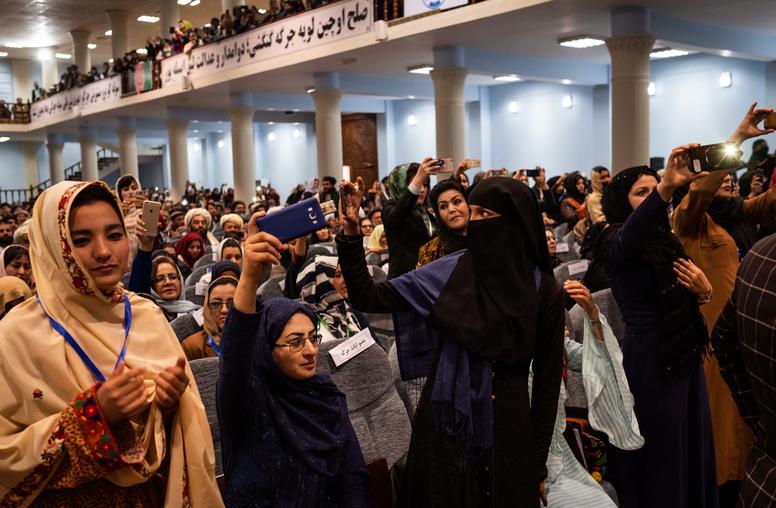
Democracy Is the Afghan Government’s Best Defense Against the Taliban
The Biden administration’s announcement last week that U.S. troops would be out of Afghanistan by September 11 came as a blow to the current peace talks and many Afghan citizens who appreciate the rights and freedoms that international forces have helped to defend against the Taliban. Still, President Biden made clear that the United States continues to support the Afghan government and democratic system, and, to that end, the administration has indicated it would request $300 million from Congress in additional civilian aid. But Biden explicitly de-linked U.S. troops from that equation — stating that they would not be “a bargaining chip between warring parties.”
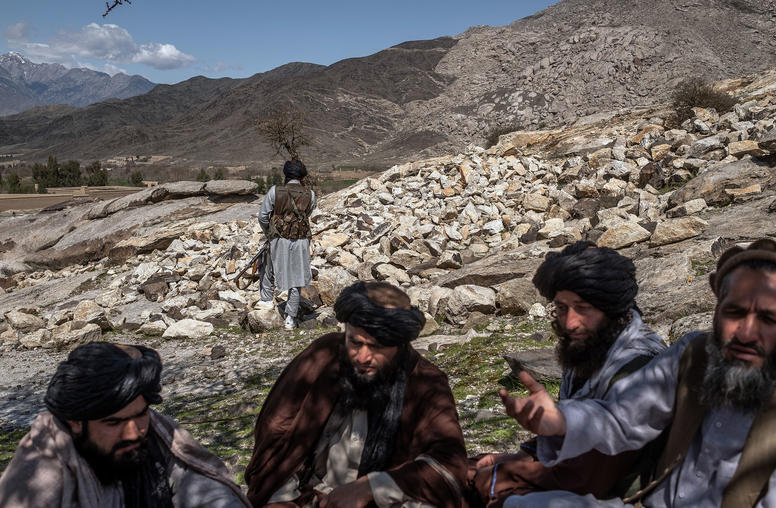
Breaking the Stalemate: Biden Can Use the U.S.-Taliban Deal to Bring Peace
On the eve of the one-year anniversary of the U.S.-Taliban agreement, Afghanistan remains unfortunately far away from peace. The historic agreement paved the way for a full U.S. withdrawal of troops from Afghanistan and the start of intra-Afghan talks on a political settlement of the conflict. As the May 1 withdrawal deadline nears, the Biden administration is undertaking a rapid Afghanistan policy review to determine its overall strategy toward the slow-moving intra-Afghan negotiations in Doha, Qatar. A key reason for the lack of movement in talks is that both sides are anxiously waiting to see what Biden decides.

Gridlocked Afghan Peace Talks Overcome Another Hurdle
Afghan peace negotiations began in mid-September, bringing together the Afghan government and Taliban for the first time to negotiate an end to four decades of war. But, since then, the talks have been mired in squabbles over basic procedures. Last week the sides made a breakthrough and agreed on the rules that will govern future talks, opening the door to the more substantive issue of the agenda for talks—including how and when to talk about a reduction in violence and future political arrangements. Senior U.S. officials praised the agreement and urged the parties to move quickly to a discussion about ways to reduce record-high violence levels.
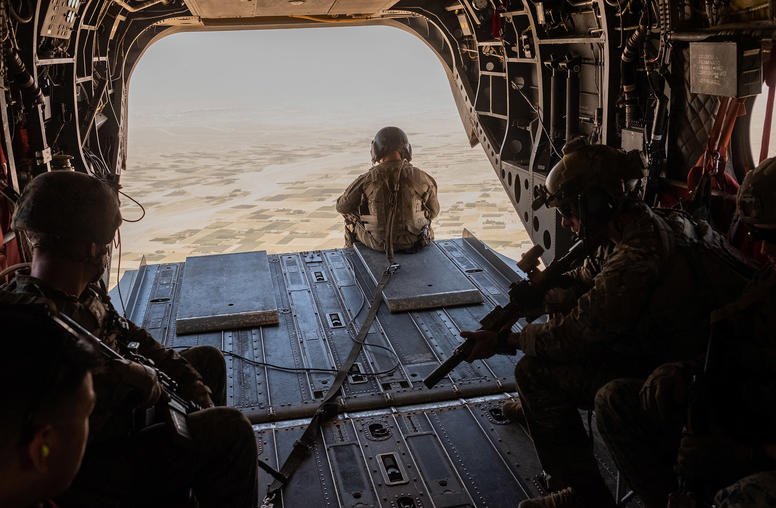
Afghanistan Withdrawal Should Be Based on Conditions, Not Timelines
The Taliban’s tactic of running out the clock on the U.S. troop presence may bear fruit after the announcement on Tuesday that U.S. forces will reduce to 2,500 by January 15. The Trump administration successfully created leverage by engaging directly with the Taliban to meet their paramount goal of a U.S. withdrawal in exchange for genuine peace talks and counterterrorism guarantees. This strategy brought about unprecedented negotiations between Afghan government representatives and the Taliban in Doha. A walk down a conditions-based path to peace, long and winding as it may be, had begun.

Scott Worden on Afghan Peace Talks
With talks finally underway between the Taliban and Afghan government, USIP’s Scott Worden says initial expectations should be tempered, as the chances for success are “low in the short term, but much higher than if the talks hadn’t begun,” adding, “you can’t end a war without starting a peace process.”
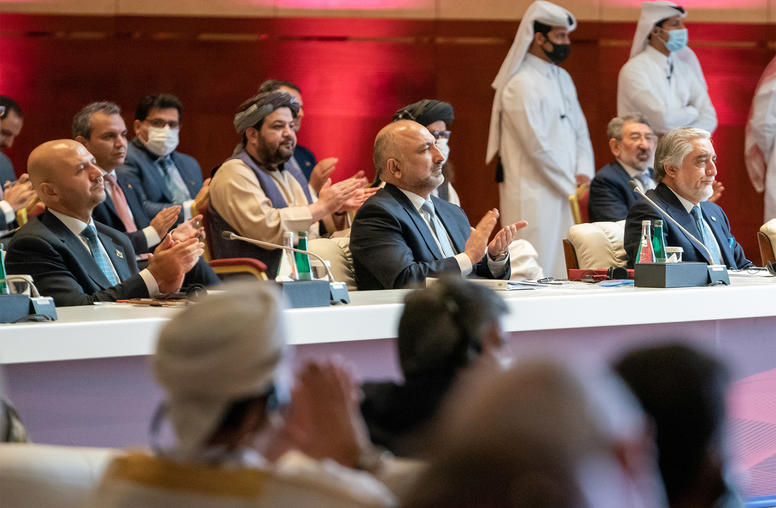
Five Things to Know About the Afghan Peace Talks
The intra-Afghan negotiations that began on Saturday represent a watershed moment in the war: the first direct, official talks between the Taliban and the Afghan government. These historic talks commenced 19 years and one day after al-Qaida's 9/11 terrorist attacks drew the United States into Afghanistan's civil war. Just getting the Afghan government and the Afghan Taliban to the table is an accomplishment. The main reason the talks materialized is the U.S.-Taliban agreement signed in February of this year; that agreement delivered a timetable for the eventual withdrawal of foreign troops, which met the Taliban’s years-long precondition for opening talks with the Afghan government.
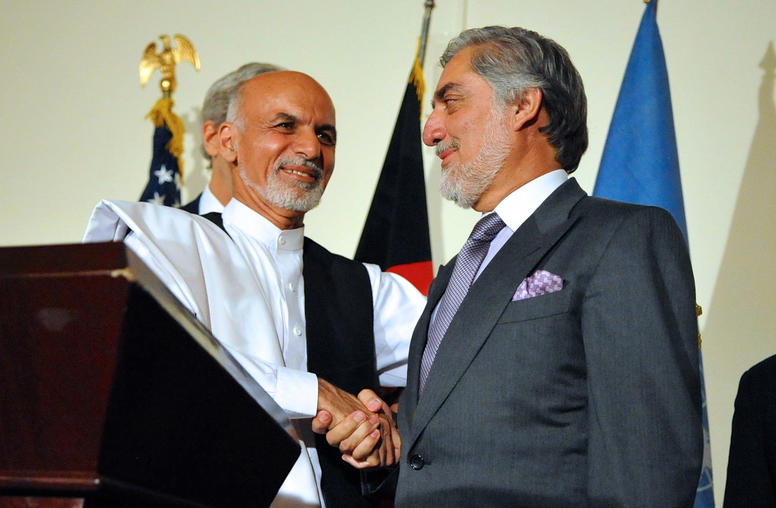
Rival Afghan Leaders Agree to Share Power—Now Comes the Hard Part
Last weekend, Afghan President Ashraf Ghani and rival Abdullah Abdullah signed a power-sharing deal to end a months-long dispute over the 2019 presidential election. The deal comes amid a spate of high-profile violence, including a recent attack on a Kabul maternity ward by suspected ISIS perpetrators. Meanwhile, the Afghan peace process has stalled since the U.S.-Taliban deal signed at the end of February. The power-sharing agreement could address one of the key challenges to getting that process back on track. USIP’s Scott Worden and Johnny Walsh look at what the agreement entails and what it means for the peace process.

Scott Worden on the Afghan Power-Sharing Deal
A political deal to resolve the disputed 2019 presidential election was finally reached over the weekend. USIP’s Scott Worden says the agreement “is quite significant” because it will give the Afghan side “more political coherence to negotiate with the Taliban and, if implemented, it will show the Taliban they can’t divide Afghans.”
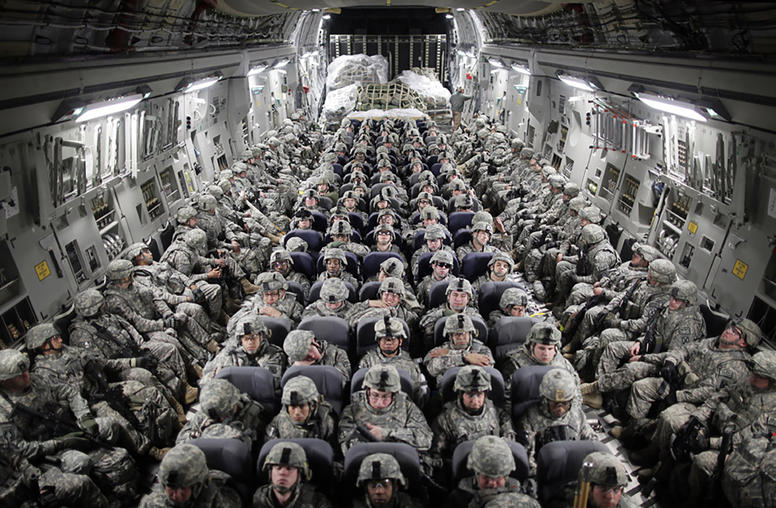
U.S., Taliban Sign Historic Agreement—Now Comes the Hard Part
After more than a year and a half of negotiations, the U.S. and Taliban struck a deal on Saturday that paves a way to end America’s longest war. The agreement was signed following a seven-day reduction of violence (RIV) period. While the RIV was largely upheld, the Taliban on Monday ordered its fighters to resume attacks against the Afghan army and police forces. Taliban spokesman Zabihullah Mujahid said that the insurgent group would not attack foreign forces, as stipulated in the U.S.-Taliban agreement. With the complicated intra-Afghan phase set to begin on March 10, the resumption of violence shows how fragile the peace process remains.